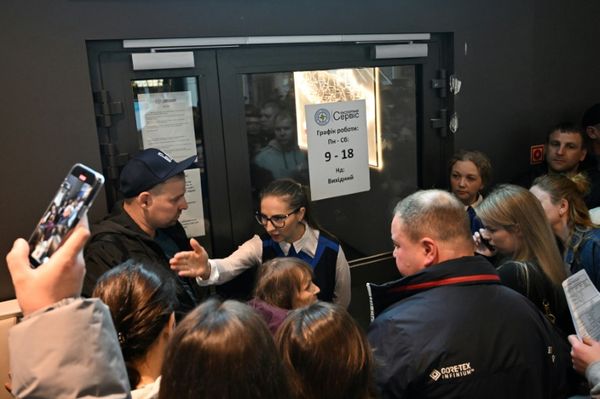
It’s no secret that great golf comes from between the ears. Often times golfers struggle with the pressures of the game and may not even realize it. There are many factors that go into the mental game of golf like how you talk to yourself or how you visualize a shot.
Jamie Glazier is an Australian Mental Performance Coach (NLP Master Practitioner), specializing in the sport of golf for nearly 20 years. We asked him why some golfers prefer to seek mental performance coaches vs. sports psychologists.
Sports psychology and mental performance coaching can overlap at times, but both practices focus on enhancing an athlete’s cognitive performance and ability to remain focused and calm during high-pressure situations. All athletes face systemic elements that play an important role of an athlete’s performance.
This topic is controversial to some. but you may be wondering what that main differences of the two are. It’s important to note that mental performance coaches are not psychologists.
“I would clarify the difference by saying a sports psychologist comes from a clinical background that targets any persistent or distressing life problems that can cause stress, anxiety, or depression,” said Glazier. “A Mental Performance Coach focuses more on looking at where the athlete currently is at, their cognitive behaviors and looking forward to what the athlete would like to achieve or what patterns they would like to change.”
Many golfers seek out Mental Performance Coaches over sports psychologists because they provide a more practical structure to the athletes mental game training program. They can provide exercises to help build a specific cognitive function that can aid the golfer in closing out a round of golf without letting the pressure interrupt a streak of good play.
Some players may solely want to focus on the sport and don’t have any past trauma or outside issues they want to address and don’t need the psychology aspect of help.
“Some of the key areas I work in with a golfer are expectation management, enhancing focus, self-belief, achieving clarity, cognitive flexibility, enhancing commitment with shots, self-identity/athletic identity and achieving a balance between life and golf just to name a few,” said Glazier.
Glazier offers an online training platform for elite and club level golfers where they can begin to build their mental game with approximately eight courses, a members forum and weekly mental game tips.
You can learn more at www.mentalmastery.com.au.
You can listen to Glazier’s podcast, “The Mental Mastery Golf Podcast” here.







